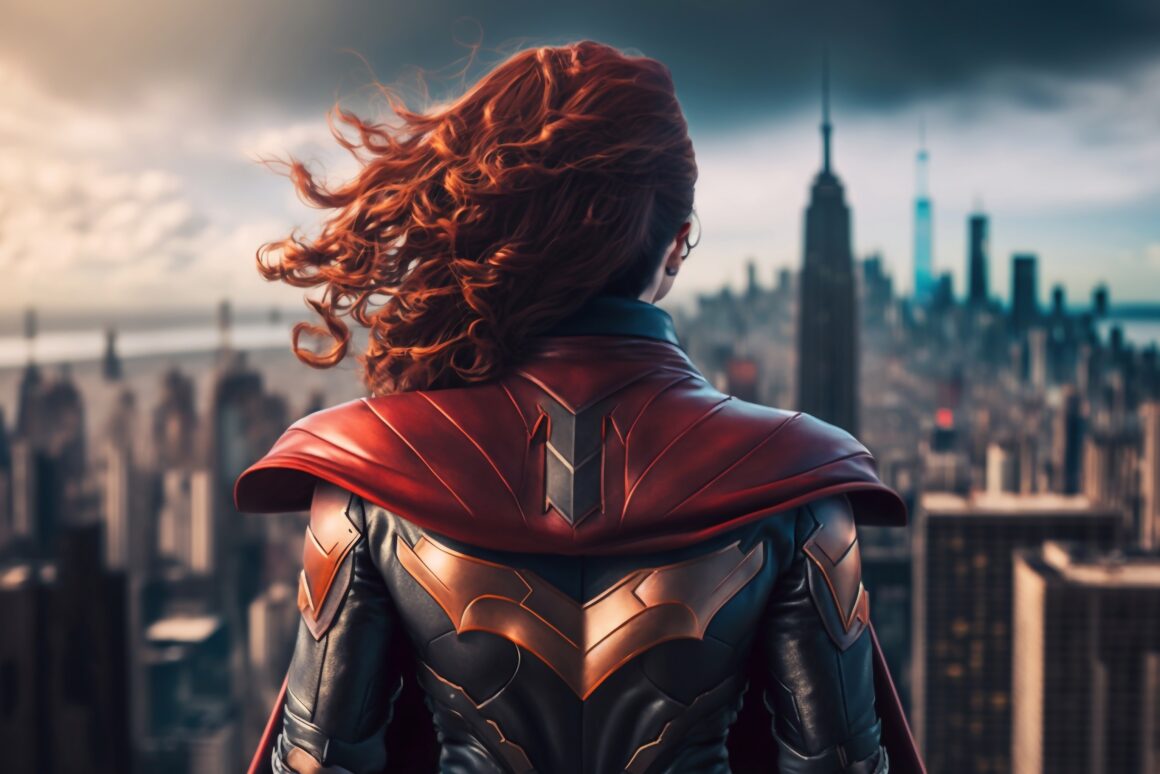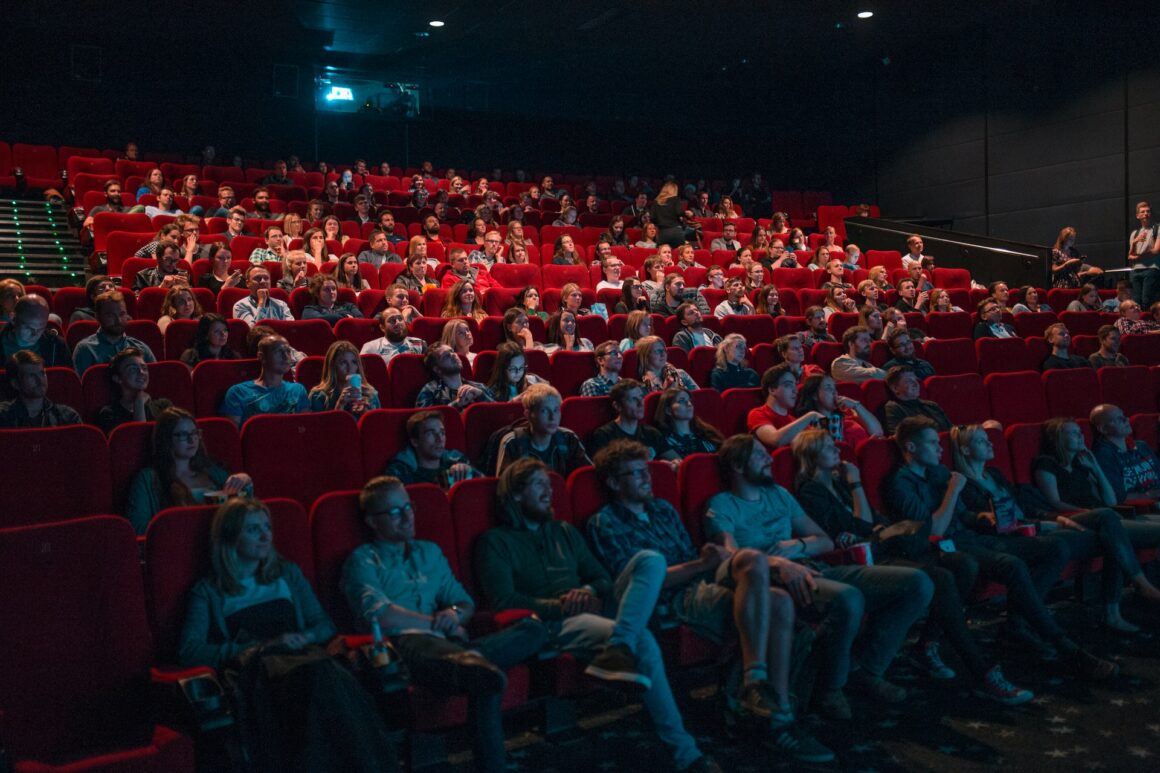From the very first word, Oscar-nominated film Kubo and the Two Strings had me captivated. The animation was stellar, with vivid images of magical origami creations flying across the screen, while the fearless characters tugged at my (two) heart strings. Time seemed to stop while I was watching. I was completely and utterly engrossed in the fantastical world of Kubo.
But of course, Kubo and the Two Strings was too good to be true. After the movie finished and the credits began rolling, I noticed something. The majority of the actors voicing the main parts were white. Don’t get me wrong-the voice actors did an excellent job-but I was perplexed. Why were all of the leading roles filled by white people, when the film was set in ancient Japan?
Of course, this is not something uncommon in Hollywood. This unfortunate trend is colloquially known as whitewashing, which occurs when a white actor or actress is cast in a role intended for a person of color. Whitewashing has manifested itself in everything from Breakfast at Tiffany’s to West Side Story to The Hunger Games. And more often than not, whitewashing tends to affect Asians.
In the movie Kubo and the Two Strings, Kubo is played by Art Parkinson, his mother is played by Charlize Theron, and his father is played by Matthew McConaughey, all of whom are white. The fact that Asian actors were not cast in these roles is absolutely ridiculous. Sure, it’s just voice acting and you can’t see the actors faces, but that doesn’t change the fact that these characters were Japanese, not white. Imagine the kind of uproar that would occur if a person of color was cast in the leading role in, say, a documentary about Julia Child. Or Neil Armstrong. Or some other famous white person. The fact that whitewashing is still happening today is just fucking absurd.
Director Travis Knight defends the casting choices in an interview with Buzzfeed, claiming that in previous films, voice actors have had to play parts they looked nothing like in person, citing Christopher Mintz-Plasse (an actor who historically played nerdy characters)’s role as a bully as an example. But casting someone in a character role they don’t have much experience in is incomparable to casting a white person in an Asian person’s role.
Later on in the same Buzzfeed article, Linda Lamotagne-a casting director for shows such as BoJack Horseman and Family Guy-claims that people of color, particularly Asians, are not cast in voice parts, such as the ones in Kubo and the Two Strings, because they do not have the same name recognition and therefore appeal to distributors. That’s a bullshit excuse. There are plenty of well-known and equally talented Asian actors who could have played the parts. Take George Takei, who played a minor part in the film, for example. Couldn’t he have been cast in one of the leading roles? He has comparable name recognition and “celebrity status” to Theron and McConaughey and is actually of Japanese descent.
The fact that directors of Kubo and the Two Strings cast white actors instead of Asians in leading roles is inexplicable and frankly preposterous, but unfortunately not surprising. I can only hope that the next generation of Hollywood directors and actors brings about positive change.




